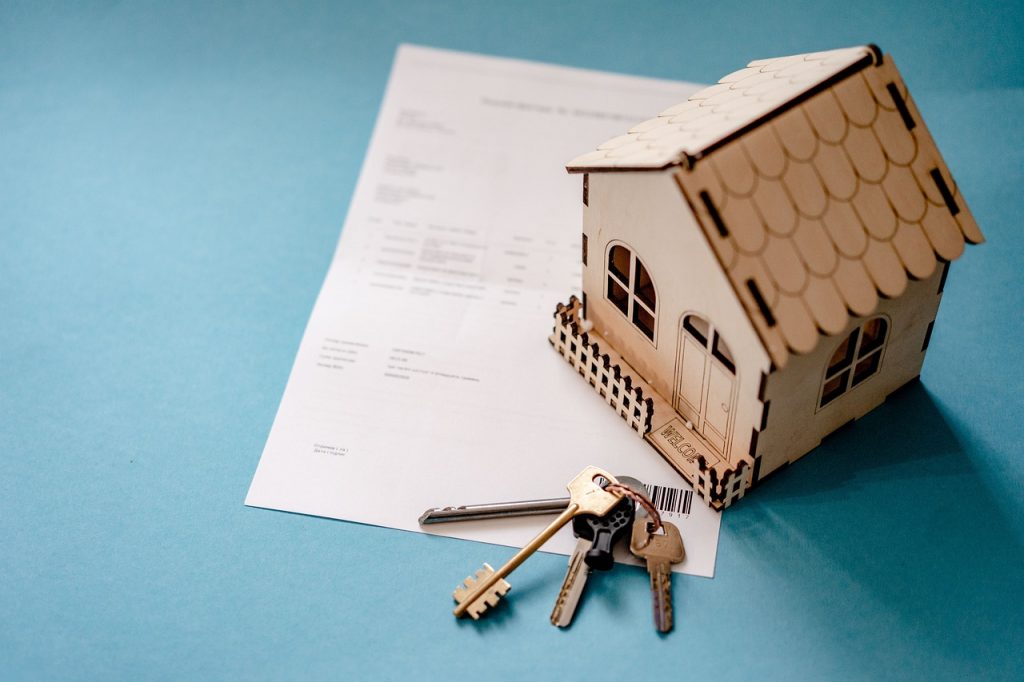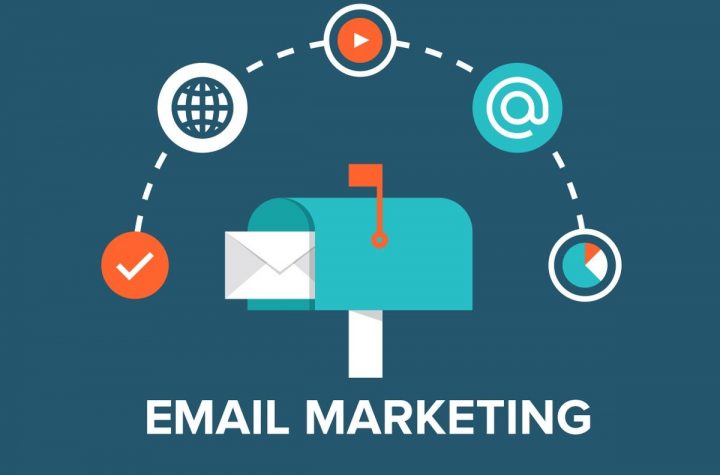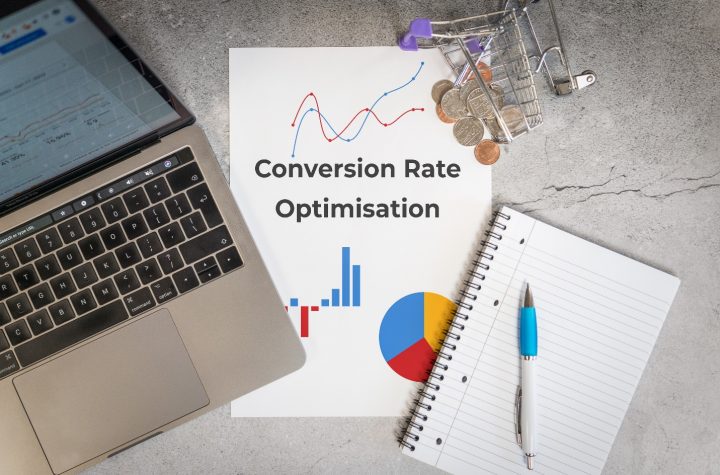
As the digital world gains speed, the real estate digital marketing sector has shifted away from cold calling and print ads. Home buyers are starting their search on the internet, and therefore property developers need to build a strong online presence in order to reach, attract and convert leads. Online marketing not only helps in building trustworthiness, but also ensures that your home finds its way to the right people at the right time. Here are ten successful online marketing and advertising strategies that every real estate brand must adopt to compete favorably.
1. Create a user-friendly website
Your website is the digital face of your real estate brand. It should be elegant, responsive and quick. Users should be able to navigate easily across property listings, sort them by location, price and services, and schedule a visit with fewer clicks. Include digital tours, 3D guides and beautiful snaps to give an experiential feel. An uncluttered, simple website brings real credibility and encourages potential buyers to move forward.
2. Search engine optimization (search engine marketing)
Search engine optimization (SEO) is likely to be the most useful and powerful way to increase visibility. Start with optimizing your website for local major keywords like “houses for sale in mumbai” or “luxury villas in gurgaon”. Google likes tidy, readable content, and frequent posting enables you to improve search rankings and acquire organic traffic that converts.
3. Leverage social media advertising Instagram
Facebook and LinkedIn have become necessary tools for real estate marketing and advertising. Instagram Reels of new homes, Facebook Live sessions offering open houses, and LinkedIn updates offering market updates can all connect with specific audiences.
4. Google Ads for lead generation
Google Ads allows you to capture intent-driven traffic – people who are literally trying to search for real estate–related queries. You can set up location-based ad campaigns that appear on the top of search result pages for searches like ” apartments near me”. Combine that with good landing pages to drive maximum conversions.
5. Use email marketing to establish relationships
Email marketing remains an extremely powerful lead generation channel. Construct a segmented email list based on buyer interests – first-time home buyers, business or high-end individuals. Automated drip emails can help keep your target audience engaged and increase the likelihood of conversion.
6. Tapping the power of video marketing
Video ads can elevate your brand and provide an emotional connection with your target market. Property reviews, customer testimonials and community amenities help consumers visualize their ideal home. YouTube and Instagram are perfect platforms for sharing these videos, while live streaming of property tours can provide real-time information to viewers. Videos also boost SEO rankings, which makes your listings more visible.
7. Highlight local search engine marketing and Google
My Business When it comes to real estate, local visibility is everything. Claim and customize your Google My Business listing with up-to-date contact information, property choices and consumer ratings. Get satisfied clients to post positive feedback. When potential clients look for real estate agents or properties in the area, your business listing will appear on a local map – and credibility and visibility are both enhanced.
8. Collaboration between influencers and content creators
Real estate bloggers and lifestyle influencers can promote your brand to more individuals. Partner with local content creators and offer to feature their homes in engaging formats such as home tours or neighborhood guides. It is a powerful way of reaching younger, tech-savvy consumers who are making purchasing decisions based on social media.
9. Integrate Chatbots and AI for Quick Engagement
Speed is everything in real estate digital marketing. A potential buyer browsing your website late at night shouldn’t have to wait until tomorrow morning for a response. AI chatbots can respond immediately to queries, organize visits and give property information. They also allow you to track customer behavior and decision-making.
10. Make data-driven decisions with data analytics
Real estate developers can analyze what works and what doesn’t through data analysis. Implement CRM frameworks for analyzing customer data and optimizing interactions.
Consistency in branding and inconsistency may also damage credibility. The future of real estate advertising The future of real estate advertising will be led by immersive technologies like Virtual Reality (VR) and Augmented Reality (AR).
Questions to ask
Q: How frequently must I refresh my online list of items?
Answer: Whenever there are new listings or changes in prices to remain credible and improve search rankings.
Q: Which social media platforms are well-suited for real estate?
Answer: Instagram and Facebook are good for pictures, and LinkedIn is good for networking and establishing credibility as an expert.
Q: Is search engine optimization relevant if I already have advertisements?
Answer: Yes. Search engine optimization creates long-term visibility, although the advertisements produce instantaneous results. Both must coexist for maximum effect.
Conclusion
The world wide web has transformed the way property developers engage with the public. Right from creating a strong online reputation to engaging with customers in videos and personalized emails, all measures contribute towards building visibility and credibility. The top-performing real estate builders recognize authenticity, storytelling and data-driven insights to thrive in a competitive market. Those brands that desire to strengthen their online presence can have a strong influence by investing in real estate digital marketing in order to convert online viewers into property buyers.




More Stories
How to Use AI in Digital Marketing the Right Way
Affiliate Marketing & Influencer Marketing
Email Marketing & Marketing Automation